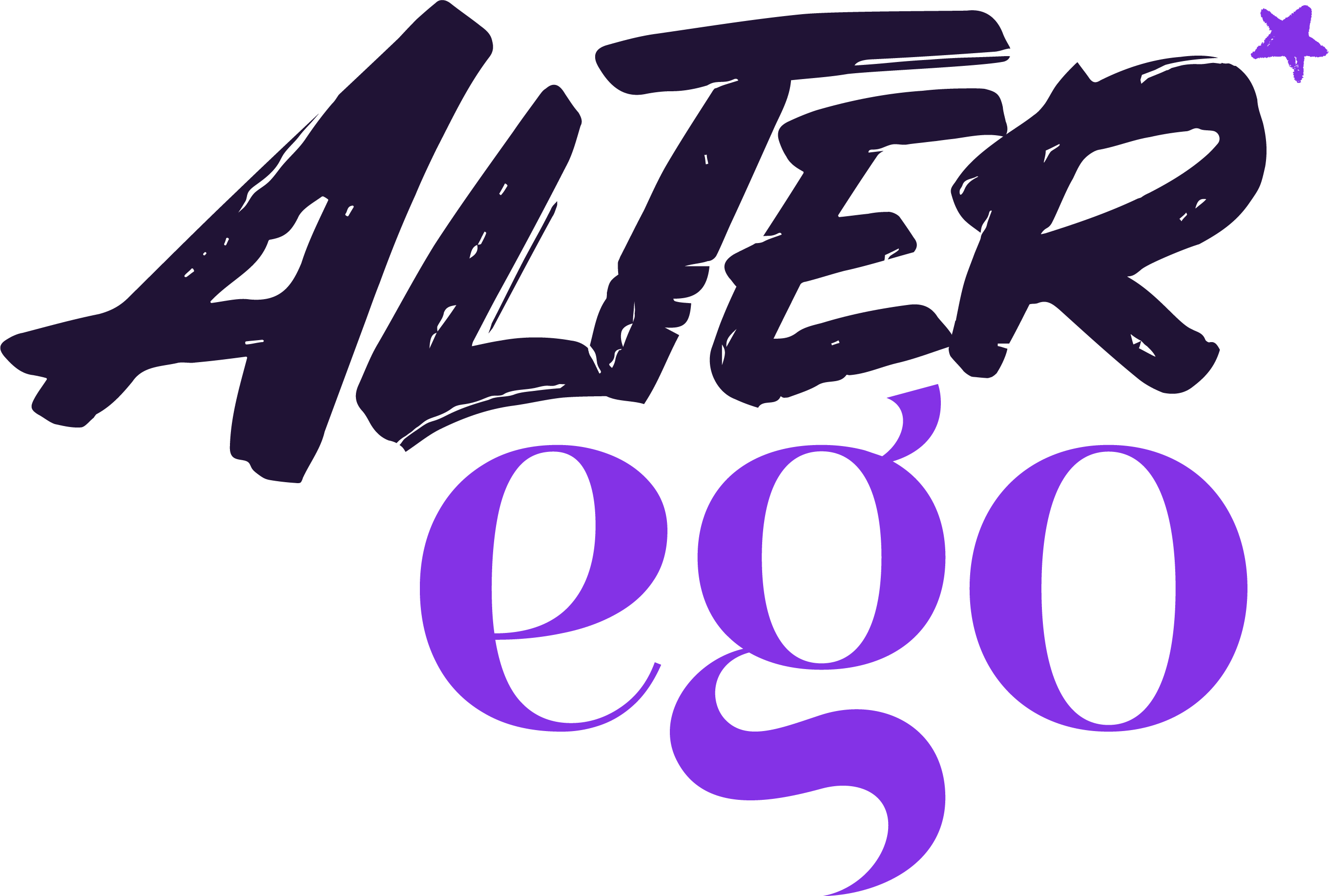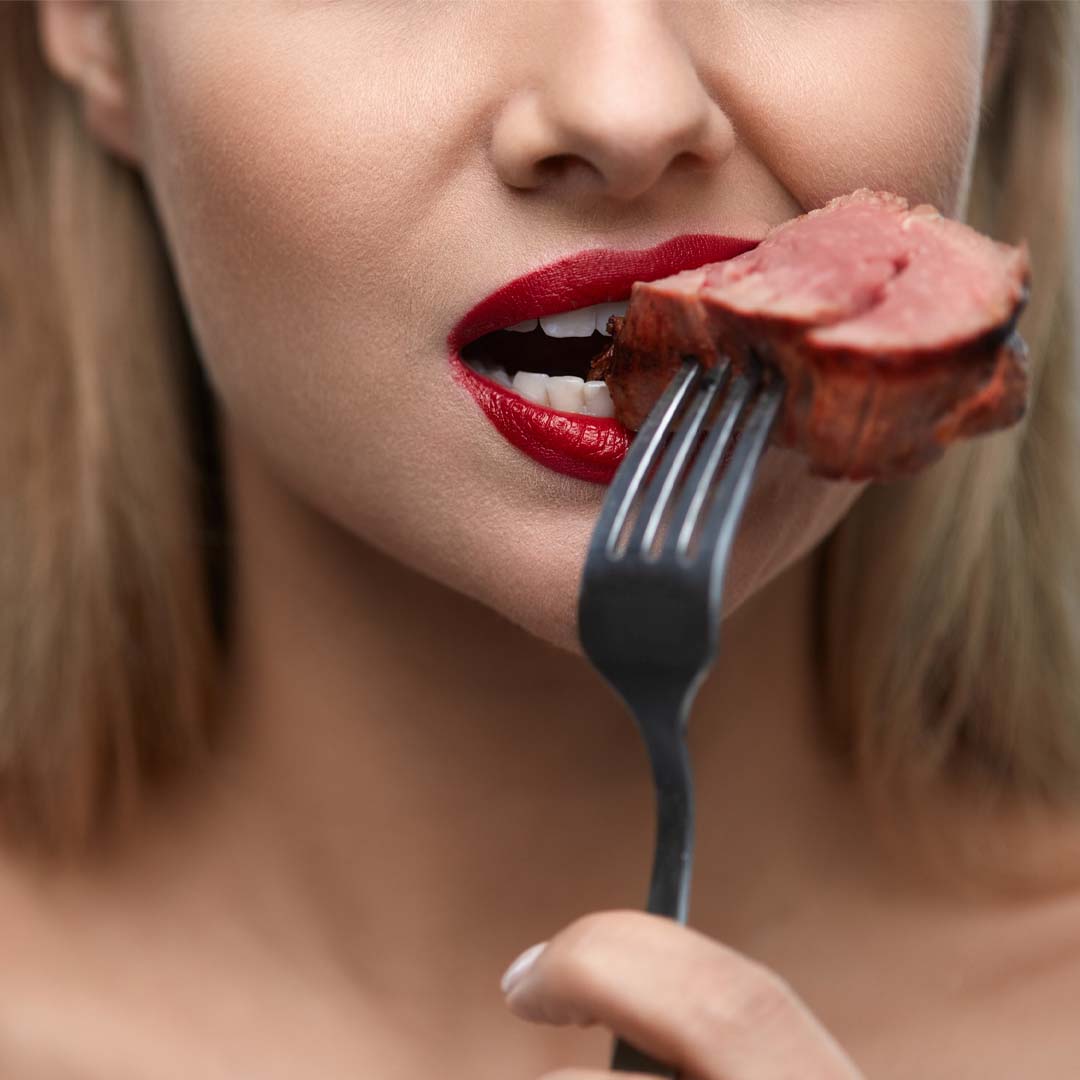On average, we eat more meat than vegetables in the Netherlands. We know how to find meat all too well, according to research by the University of Wageningen, 76 kilos per person per year. That is an average of 208 grams per day. While we refer to the RIVM study from 2016, which shows that we eat an average of 143 grams of vegetables per person per day, I go back to crying in a corner.
At our office we almost always eat vegetarian lunches. Now I personally am not in favor of a vegetarian diet when I look at the impact it has on our health not to eat meat at all. However, looking beyond that, to the impact on the environment and animals, I can’t help but encourage a vegetarian diet. But no matter how we look at it, from a health, environmental or animal point of view; 208 grams of meat per day is far from good!
You as a Dutch person have an (average) footprint that is 7x larger than the available biocapacity. About 33% of that comes from food, the second largest part of the entire footprint. Within that 33%, meat is the absolute largest consumer, followed by fruit and vegetables, by the way. However, fruit & vegetables consume half of what is needed for meat.
I did my personal calculation again and came to the conclusion that more than 4 Earths are needed for my lifestyle. Curious what your footprint is, calculate it; Footprint calculator
And then your health, how good is eating meat really for you? We have been eating meat for centuries and basically that is no problem for your health and probably even good. It is mainly about the quantities that we take in. The average figures do not lie, we eat an average of 60 grams more meat than vegetables per day. That while it has been proven that eating too much processed and/or red meat increases the risk of lifestyle diseases such as diabetes and cancer.
(Source: Voedingscentrum)
Even the website vlees.nl, which promotes eating meat, advises to eat a lower amount of meat per day than we do now.
“Adults can get their daily required building blocks of proteins, fats, vitamins and minerals from about 100 to 125 grams of meat (products), fish, chicken or eggs.”
Need I say more?
And then meat industry. It is the world’s largest killer of animals. We breed and kill animals as if they have no soul or feeling. We would never do the same with the neighbour’s dog or cat. We are not even mentally able to take the animal’s life.
Paul McCartney once said ‘If slaughter houses had glass walls, everyone would be vegetarian’. But I have to admit that I still eat meat after watching Sunday’s episode with Lubach. You can see how animals are slaughtered and there are about 1.7 million per day in the Netherlands.
We know very well that the impact on our planet, health and animals is far too great, and yet it has been impossible for years to reduce meat consumption in the Netherlands.
According to behavioral economist Jan Stoop, we justify our meat consumption even more than alcohol consumption. There is talk of “cognitive dissonance”. This is the unpleasant feeling that arises when there is tension between your attitude and your behavior. To solve this there are two options: you change your behavior or you change your attitude. When it comes to meat, according to Jan Stoop, we mainly do the latter. “Everyone eats meat”, “it is so tasty”, “my body needs the nutrients”, etc. That is of course much easier than having to say during a BBQ that you don’t eat meat and whether something else can be grilled for you.
Eating meat is part of our culture, it’s the norm. If our environment reduces our consumption of meat, it is easier to cut down ourselves. That’s exactly why we don’t eat meat at the office, to make that difference and in our culture.
I don’t encourage anyone to stop eating meat, I do challenge you to take a closer look at your meat consumption.
Wanna know more?
- Watch Marijn Frank’s 2Doc Vleesverlangen, in which she takes a closer look at her meat addiction
- Watch here the episode of the KennisCafé ‘Eating meat is so 2019’ in which experts talk about this theme
Written by Simone de Jong


